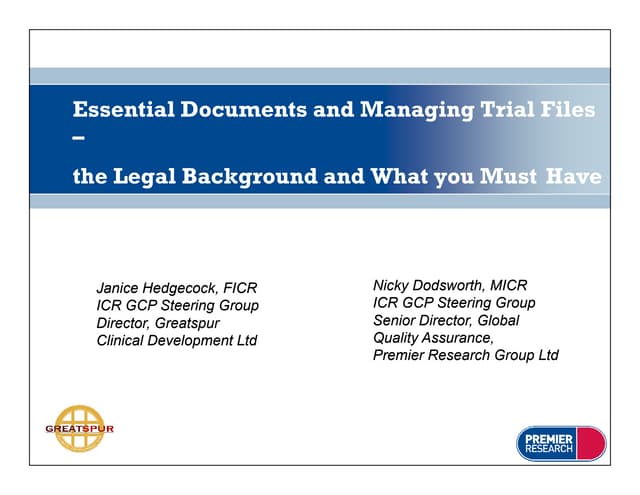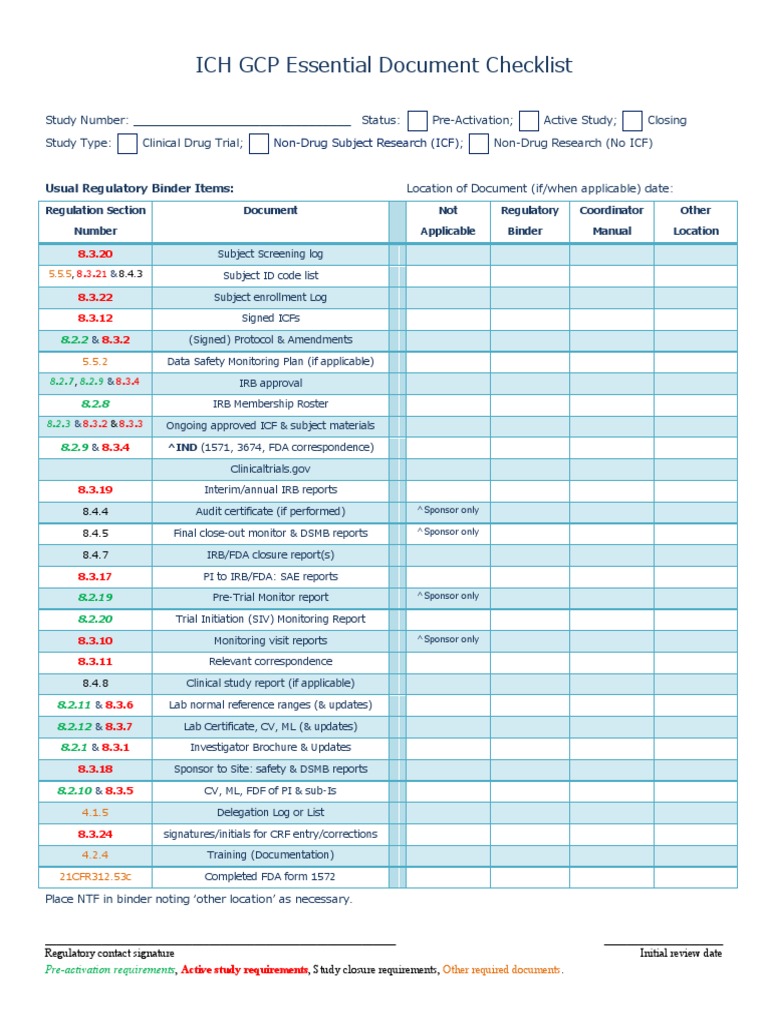7 Essential Documents to Launch Your Home Health Business

In the dynamic landscape of healthcare, starting a home health business represents a significant opportunity to meet the growing demand for quality care delivered in the comfort of one's home. However, embarking on this journey requires meticulous planning and an understanding of the essential documents needed to ensure legal compliance, operational efficiency, and business success. This guide outlines the seven essential documents you'll need to launch your home health business, providing insights into each document's purpose and how to effectively prepare them.
1. Business Plan

The business plan is the backbone of your home health business. It outlines your vision, mission, market analysis, competitive analysis, marketing strategy, financial projections, and operational plans. Here’s how you can structure it:
- Executive Summary: A brief overview of your business idea, target market, financial highlights, and growth strategy.
- Company Description: Details about your business, the problem it solves, and how it benefits the community.
- Market Analysis: Insights into the healthcare industry, trends, and competitor analysis.
- Organization & Management: Organizational structure, key team members, and their roles.
- Services Offered: A comprehensive list of the home health services you plan to provide.
- Marketing and Sales Strategy: How you intend to market your services and acquire clients.
- Financial Projections: Revenue models, cost structures, break-even analysis, and projections for the next three to five years.
Preparing Your Business Plan

When crafting your business plan, consider seeking guidance from a mentor or joining a local business development center. Your plan should be detailed enough to not only guide your business operations but also to attract potential investors or secure loans.
2. Licensing and Certification

To operate legally, you must secure the necessary licenses and certifications:
- State Health Care License: Each state has specific regulations regarding home health agencies. Check your state’s health department for requirements.
- Certification for Medicare and Medicaid: If you plan to serve clients covered by these programs, you'll need to be certified by CMS (Centers for Medicare & Medicaid Services).
- Professional Licenses: Ensure that all your healthcare providers have the appropriate professional licenses.
Steps to Acquire Licenses

Obtaining licenses can be time-consuming. Start early by researching:
- Application procedures
- Required documentation (like business structure proofs, resumes of key personnel, etc.)
- Fees and renewal procedures
📌 Note: Licensing requirements can vary significantly by state, so local regulations must be carefully reviewed.
3. Insurance Policies

Insurance is not just a legal necessity; it's a protective shield for your business:
- Professional Liability Insurance: Covers malpractice or negligence claims.
- General Liability Insurance: For accidents or injuries on your property.
- Workers' Compensation Insurance: Required in most states if you have employees, to cover work-related injuries or illnesses.
Your insurance provider can guide you on customizing a policy that fits your business operations and potential risks.
4. Policies and Procedures Manual

A well-structured policies and procedures manual ensures consistency in service delivery, compliance with regulations, and quality control:
- Include employee handbooks, patient rights and responsibilities, privacy policies, emergency procedures, and clinical protocols.
- Regular updates and training on these documents are crucial for staff to adhere to the highest standards of care.
5. Client Assessment Forms

Initial and ongoing client assessments are vital to provide personalized care:
- Health History: Detailed past medical history, current conditions, medications, and allergies.
- Functional Assessments: Daily living activities, mobility, cognitive function, and safety at home.
- Care Plans: Customized plans developed based on the assessments, outlining goals, services, and frequency.
6. Financial and Billing Documentation

Proper financial management and accurate billing are key to the sustainability of your business:
- Accounting System: Implement a robust system to track income, expenses, and manage payroll.
- Billing and Invoicing: Develop clear procedures for billing clients or dealing with insurance reimbursements.
- Financial Reports: Regularly generate balance sheets, income statements, and cash flow statements for transparency and decision-making.
7. Marketing Materials

Effective marketing is essential to attract clients and build your brand:
- Brochures and Flyers: Highlight your services, credentials, and testimonials.
- Website and Social Media: A professional online presence to attract and inform potential clients.
- Referral Programs: Establish relationships with doctors, hospitals, and community organizations to get referrals.
📌 Note: Compliance with advertising regulations in healthcare is crucial to avoid legal issues.
Final Thoughts

Launching a home health business involves navigating a complex array of legal, operational, and strategic considerations. Each of the documents discussed - from your business plan to marketing materials - plays a crucial role in setting the foundation for success. They ensure not only compliance with regulations but also provide a framework for delivering quality care, managing finances, and growing your business. As you move forward, remember that these documents are living entities that should evolve with your business's growth and changes in the industry landscape.
Why is a detailed business plan necessary?

+
A business plan provides a roadmap for your business, detailing how you intend to achieve your objectives. It’s essential for understanding the market, securing funding, and guiding business operations.
What are the key insurance policies for a home health business?

+
Key insurance policies include Professional Liability for malpractice claims, General Liability for accidents, and Workers’ Compensation if you have employees.
How can I ensure compliance with healthcare regulations?

+
Compliance can be ensured by staying updated with state and federal regulations, having a comprehensive policies and procedures manual, and conducting regular staff training on compliance issues.



